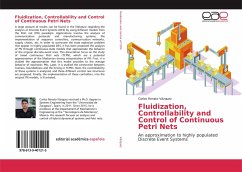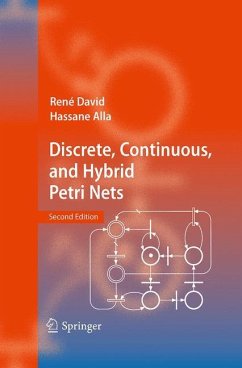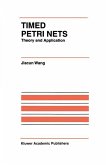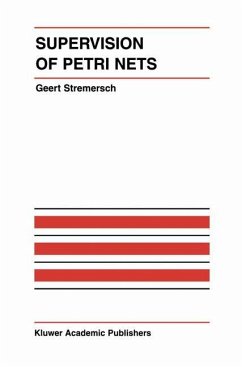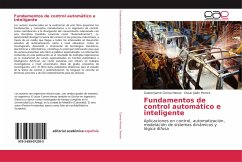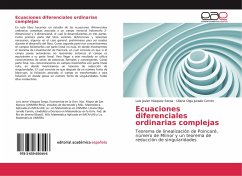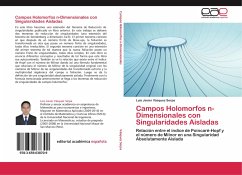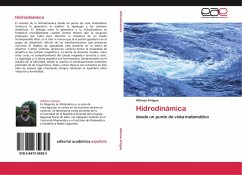A large amount of results can be found in the literature regarding the analysis of Discrete Event Systems (DES) by using different models from the Petri net (PN) paradigm. Applications involve the analysis of communication protocols and manufacturing systems, the implementation of sequence controllers, communication networks, supply chains, etc. In order to overcome the state explosion problem that appear in highly populated DES, it has been proposed the analysis of PN through continuous-state models that approximate the behavior of the original discrete-event ones. This dissertation focus on the study of timed continuous Petri nets (TCPN), which are a potential approximation of the Markovian timing interpretation of PN. First, it is studied the approximation that this model provides to the average behavior of stochastic PNs. Later, it is studied the connection between liveness, boundedness and the timing in TCPNs. Next, the controllability of these systems is analyzed, and threedifferent control law structures are proposed. Finally, the implementation of these controllers, into the original PN models, is illustrated.

